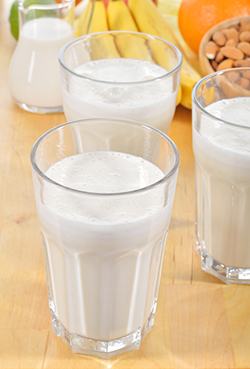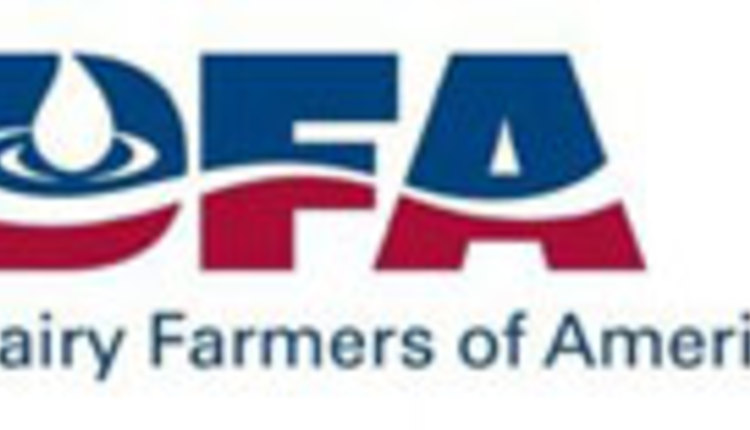
There's a resurgence in the debate between cow's milk and milk alternatives for children. A recent Fox News article brings to light a few points regarding the differences between cow's milk, human breast milk, and milk alternatives for both babies and toddlers.
First, clarity is needed around the fact that nutrition requirements for babies, who are consuming a majority of their nutrients from fluid milk, versus toddlers, children over age 1 who are receiving nutrition from both fluid milk and additional solid foods, are quite different. The article wants to compare apples to oranges in regards to babies and toddlers.
The majority agrees that human breast milk is ideal for babies. However, sometimes this is not always a feasible option and formula is supplemented so growing babies receive the nutrients they need. The question of cow's milk versus milk alternatives then seems more relevant around age 1, when toddlers are typically transitioned off of human breast milk.
Cow's milk offers the "right amount of fat, carbohydrates and 9 essential nutrients many kids lack," the article pointed out There is also 8 to 10 grams of protein per cup. Studies show that many children who don't consume dairy become deficient in these aforementioned areas.
While calcium may be obtained from other sources, such as beans and green leafy vegetables, the amount that needs to be consumed to equal one glass of cow's milk and the daily nutritional requirement is often unrealistic. Children who drink non-dairy alternatives are also more likely to have low vitamin D levels, which can lead to poor bone growth and a higher risk of type 1 diabetes.
Nondairy alternatives we hear touted can be suitable options for those with dairy sensitivities, but be aware that nutritional content varies across brands and the majority of vitamins are added in, trying to match the nutrition content of dairy. Additionally, these alternatives have reduced amounts of bioavailable calcium and are often fortified with the mineral. Studies show calcium supplements have minimal or no effect on bone mass density. The more dense bones are, the less prone they are to problems later in life, and cow's milk increases their strength.
Ultimately, the goal is for your child to receive the nutrients they need from age 0 to 18. While some claim cow's milk may not be a requirement after age 1, you'll be hard-pressed to find nutritional needs being met without it.

The author, Ali Enerson, was the special publications editor, responsible for books, plans, distribution of the e-newsletter and various internal communication pieces. She grew up on a 60-cow dairy in northwest Wisconsin, and is a graduate of University of Wisconsin–Madison with a degree in life sciences communications.








